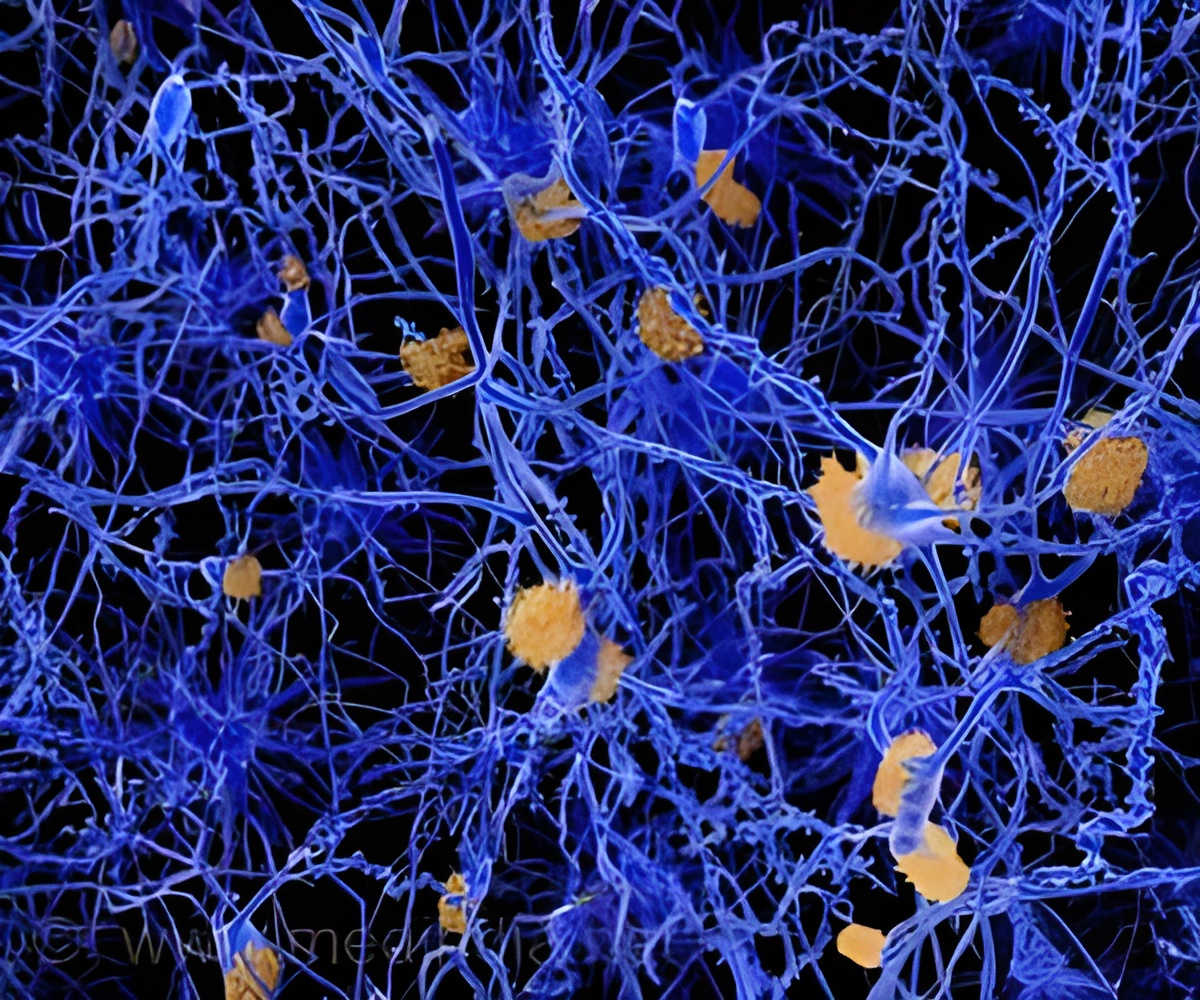Memory training program improves memory recollecting ability of older adults that matches with 20 years individuals, finds a new study.

The study trained recollection among older adults between the ages of 64 to 87. Scientists examined a method that has effectively boosted this process among healthy older adults and people with mild cognitive impairment and Alzheimer's disease .
To their surprise, the study uncovered good and bad news. The good news was that scientists were able to demonstrate that training led to massive improvements in recollection. By the end of the program, the ability of older adults matched those of individuals in their 20s. These benefits were also shown to last when participants were retested three months later. The bad news was older adults did not improve on any of the tasks that should have benefitted from having better recollection, such as a memory test for remembering whether words were shown on a screen or heard through headphones. Participants also didn't report any improvements to their memory.
"These results reset what scientists understand about this memory process," says Dr. Anderson. "For a long time, memory scientists viewed recollection as a single mechanism, but our work suggests that this is not the case. Instead, it implies there may be many different types of recollection for different contexts connected to a memory, such as feelings felt at the time, the sounds in the area or what a person sees at the time."
These findings raise interesting questions about how memory is organized and it identifies a need for better understanding of recollection, before training programs are created, adds Dr. Anderson. As next steps, Dr. Anderson and her team will explore how aging affects a person's recollection for different things and identify whether certain aspects of this memory process are more susceptible to dementia risk.
Advertisement














